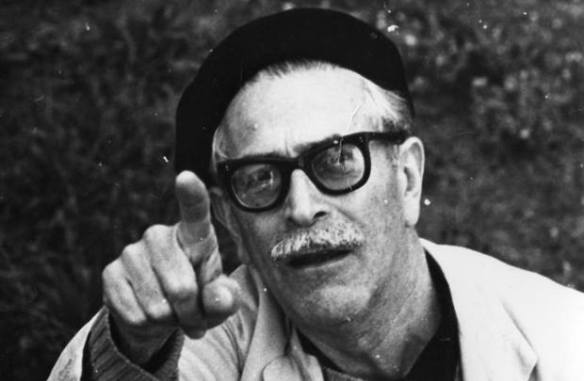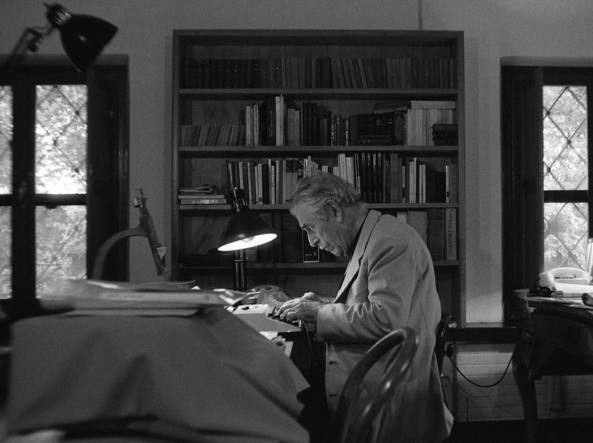Article by: Noemi Castelvetro
Translated by: Viola Locci
The young director Harry Cepka takes part to the TFF37 with his debut feature film. He explores the power dynamics in interpersonal relationships. “It took me five years of tears, sweat and efforts to make this film.” says Cepka to introduce his work, which is the result of the collaboration with the actress Grace Glowicki (of which he produces Tito in 2019) who interprets Raf.
Continua la lettura di “RAF” BY HARRY CEPKA





















